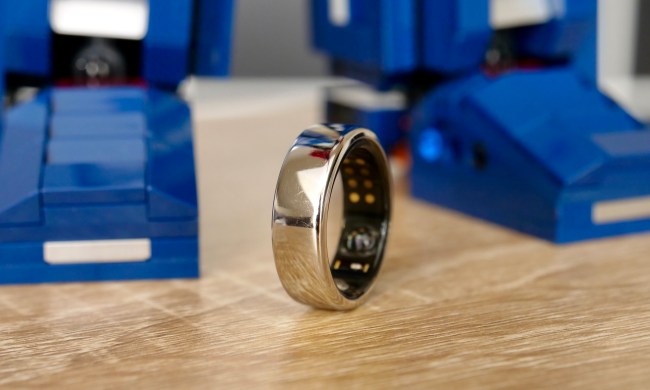Branded as “your personal stress laboratory and coach,” Zenytime allows users to check the effect of everyday stressors in real-time using a connected device and the breath-powered games on its companion app. This, the company says, marks the first time individuals can actually quantify and compare scientific data on their stress levels and train the way their brain and body react to stress.
Key to Zenytime is the Puck, a lightweight device embedded with a patented breath sensor. When you want to check your stress levels, simply play a breathing game — the goal is to get to 0.1 Hz breath training, which is to say, six controlled breathing cycles per minute.
“Technology is changing how we access data on our bodies, from wearable activity trackers to mail order DNA programs,” said Adam Anderson, Zenytime’s Chief Neuroscience Officer. “Despite these advancements, chronic stress is still assessed subjectively through questionnaires, non-standardized tracking, or a trip to the doctor. Zenytime puts you in charge of your own stress laboratory, using technology to assess stress biomarkers and the tools to change how it affects your life.”
With the Puck and the app, users will be able to collect baseline respiration frequency, heart rate variability (HRV), and respiratory sinus arrhythmia (RSA) data. Both HRV and RSA are key markers of stress, and a better understanding of this data, Zenytime believes, will help users coach themselves towards reducing stress’ negative impacts.
“Stress surrounds us, and it’s here to stay,” said Celine Vignal, co-founder of Zenytime. “While we can’t eliminate it, Zenytime is helping people track and really change how stress affects them. By visualizing its actual impact, beyond emotions, but rather at a tangible level, we can improve our health and help others to do so.”


